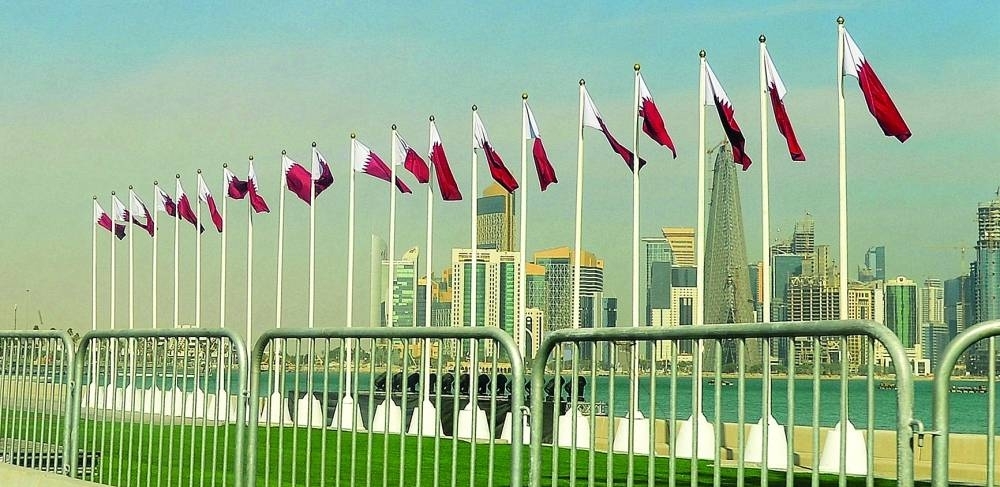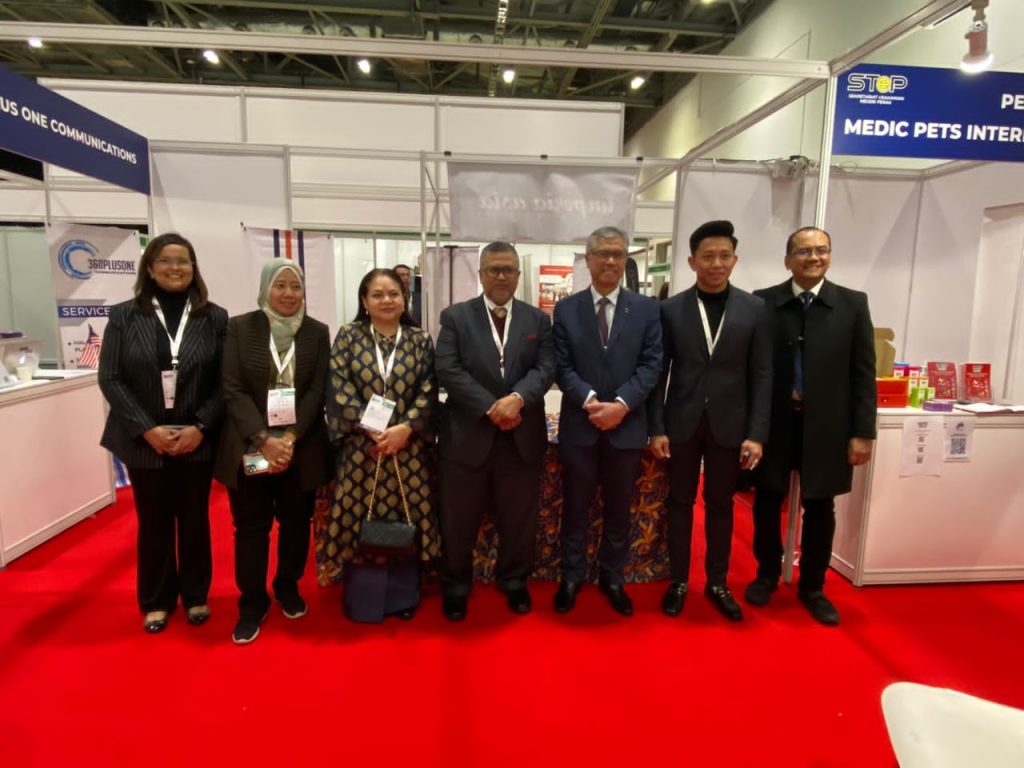 KUALA LUMPUR: Nestle Malaysia, the biggest halal food producer in the Nestlé Group, is sharing its expertise with local players to help the country become a global halal hub.
KUALA LUMPUR: Nestle Malaysia, the biggest halal food producer in the Nestlé Group, is sharing its expertise with local players to help the country become a global halal hub.
The company said it will continue to expand its manufacturing capabilities and increase the existing capacity for halal products to tap new opportunities. It is also committed to on-going investments in research and development, capacity building, consumer insights and communication.
“As Malaysia aspires to be a global halal hub, Nestlé Malaysia is voluntarily sharing its expertise and global networking with the relevant halal authorities — from sourcing to distribution.
“This sharing of knowledge includes working with small and medium enterprises (SMEs) in the local food industry on halal standards and collaborating with the relevant government agencies and non-govermental organisation, as well as local universities, to provide industrial exposure to halal and industry-related syariah programmes,” Nestle Malaysia said in a statement.
Nestle Malaysia exports halal products to more than 50 countries while providing expertise, resources and technical support to other Nestlé markets around the world.
The company is also supporting the growth of SMEs in the country by sharing with them its knowledge and expertise in the local food industry.
This is to add value and raise their standards so as to enable them to compete in the global market and win consumers’ confidence in locally manufactured products, it said.
Nestle Malaysia has shared valuable insights on halal certification with food manufacturers who are interested in penetrating the global halal food market, which has grown exponentially over the past decade.The halal food market now serves an international market worth about US$600 billion (RM1.83 trillion).
Nestle’s compliance to halal procedures and certification encompasses sourcing and purchasing raw materials and ingredients right up to production level.
“Various systems and certifications are in place for food safety assurance,” it said, adding that strict compliance to food standards and regulations are practised, all of which are prerequisites for halal certification.
The company’s manufacturing capacity has also been expanding, in line with market needs. Its production and export of halal products have increased following encouraging demand globally.



